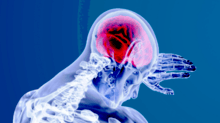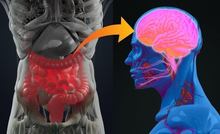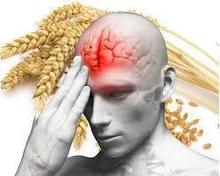Saffron increases heart rate variability

Saffron increases heart rate variability Heart Rate Variability (HRV) is a measure of the variation in time between each heartbeat. A lower HRV is found in people with medical and psychological conditions including several cardiovascular diseases, diabetes, obesity, depression, and bipolar disorder. A higher HRV is believed to be a sign of good health and […]
Continue reading








